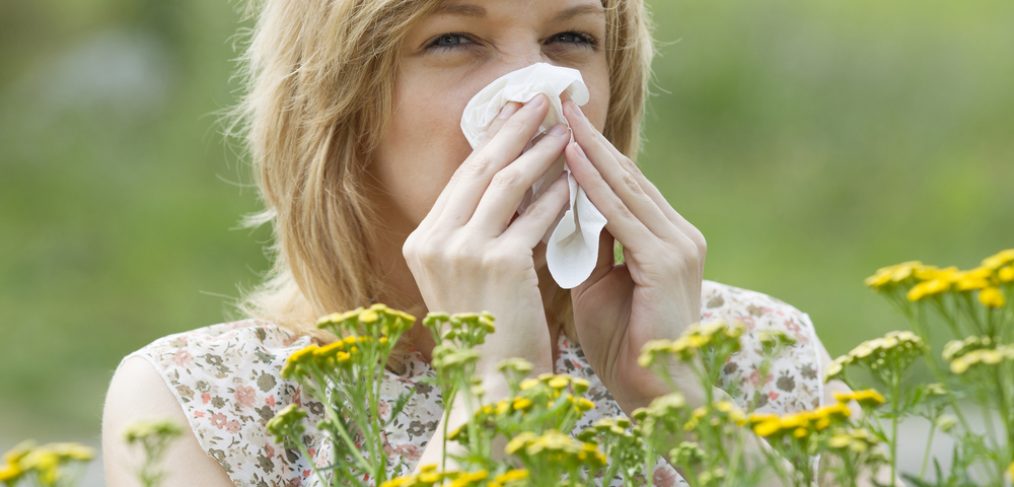It’s summer! The time for you to be sporting your summer highlights, beach body, and barely their makeup, but instead, you’re sporting the nasal crease, swollen adenoids, and dark circles under your eyes. While your friends are dancing in the desert, you’re breathing through your mouth and battling with post nasal drip. No time is a good time for allergy and colds, but summer is especially brutal. If you’re finding yourself a target of the summertime blues because cold and allergies have got you down, here are some tips for summer survival.
Summer Colds
Even though the symptoms may be similar, the cold and the allergy are two very different animals. According to Randy Wexler, MD, “A cold is a virus and is different from allergies. The seasonal difference is due to different virus strains in the summer and winter.” That means that just because the majority of people don’t get colds in winter, it doesn’t mean it can’t happen.
Nancy Elder, MF says, “Colds. or upper respiratory infections occur all year round but are more prevalent in colder months. The main difference between summer and winter colds is how commonly they occur.”
Why does it seem that summer colds are worse than winter ones? According to Dr. Elder, it’s all about the timing. “Because colds occur less often in the summer months, I think some people feel a bit put upon when they get a summer cold- it just doesn’t seem fair.”
So what can you do if you find yourself a victim of this injustice? Wexel says, ” The most important precaution is hand washing, and not sharing cups or utensils.
Summer Allergies
Not much more glamorous than summer colds, summer allergies can usually be identified by congestion, coughing, a runny nose, headaches, and fatigue. How can you tell whether it’s an allergy or a cold? Elder says, “Allergies have a more watery runny nose with lots of sneezing, itchy watery eyes and can change based on physical location ( meaning symptoms may worsen or improve depending on whether or to someone goes from the outdoors into a filtered air house).”
Another way to differentiate between cold and allergies is by the times at which they occur. Seasonal allergies will probably strike about the same time every year and continue throughout the allergy season, while summer colds tend to go away within ten days.
Coping with Colds
Here are a few ways to help survive a cold summer or winter
- Take an OTC decongestant for a stuffy nose
- Use a saline spray to keep the nose irrigated
- Take an OTC pain reliever to keep fever down and ease pain
- Take throat lozenges and cough drops for a sore throat and persistent cough
- Gargle with warm salt water to manage and soothe a dry throat
- Get plenty of sleep and avoid strenuous exercise
- Drink water regularly
While these treatments may relieve symptoms, it is important to know that they may not make the cold go away any quicker, but may help you to be a bit more comfortable while your body fights infection. Allergy sufferers will do best with OTC antihistamines and prescription nasal sprays.
How do you handle your hot weather colds and allergies? Let us know and feel better soon!





